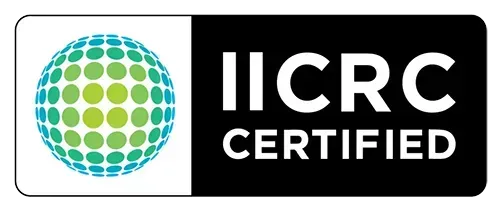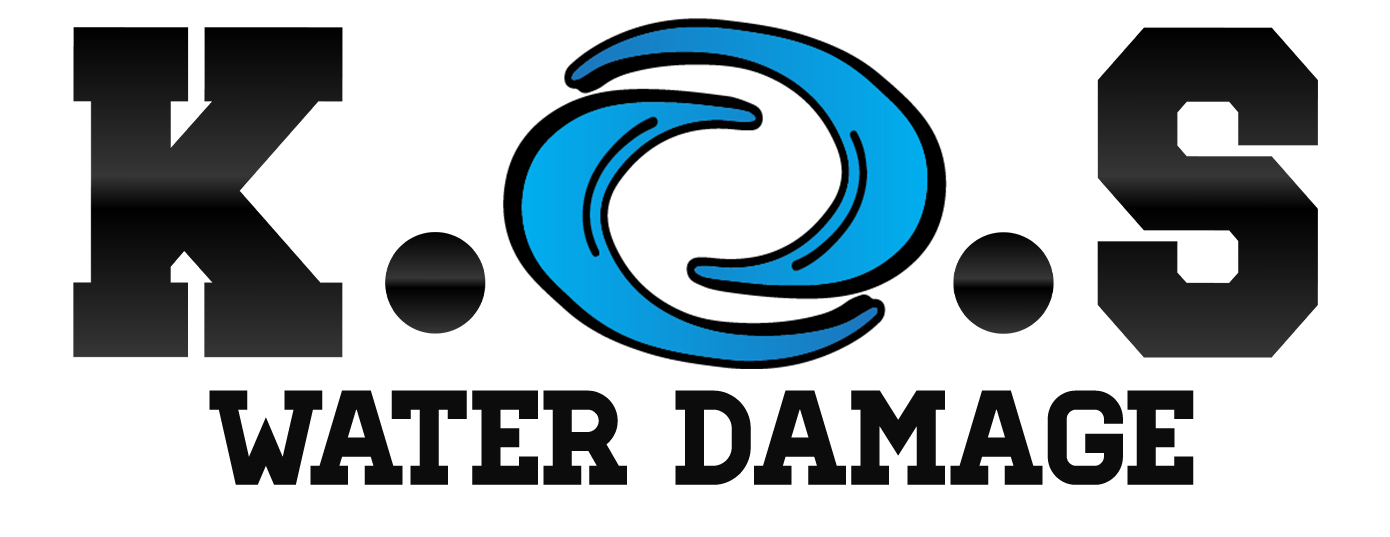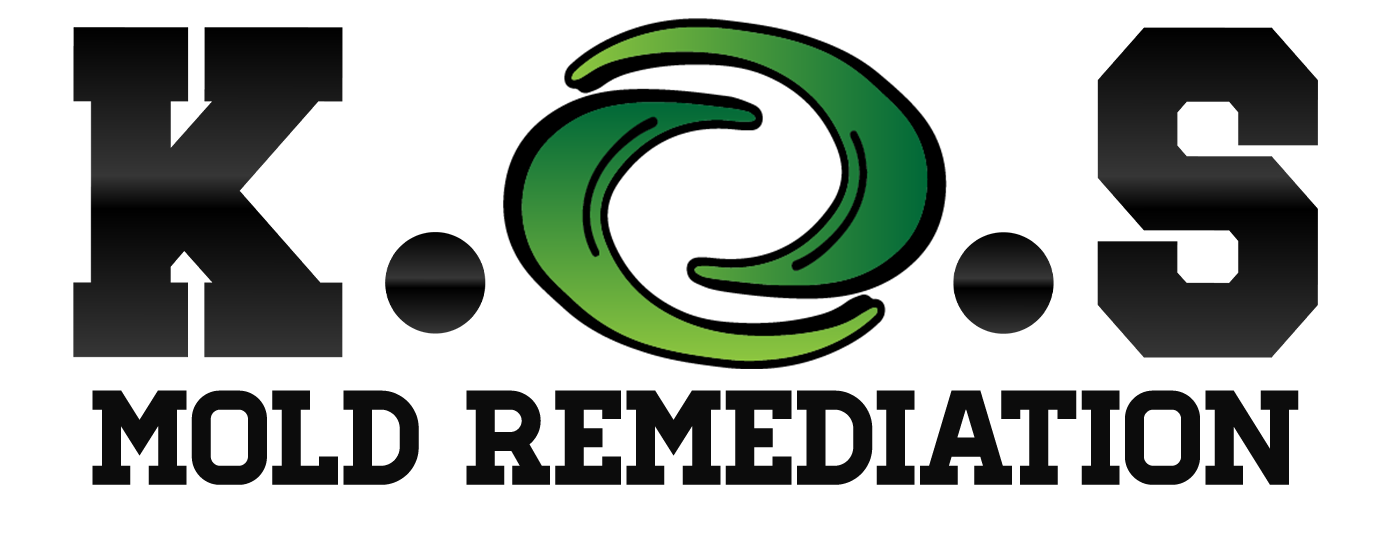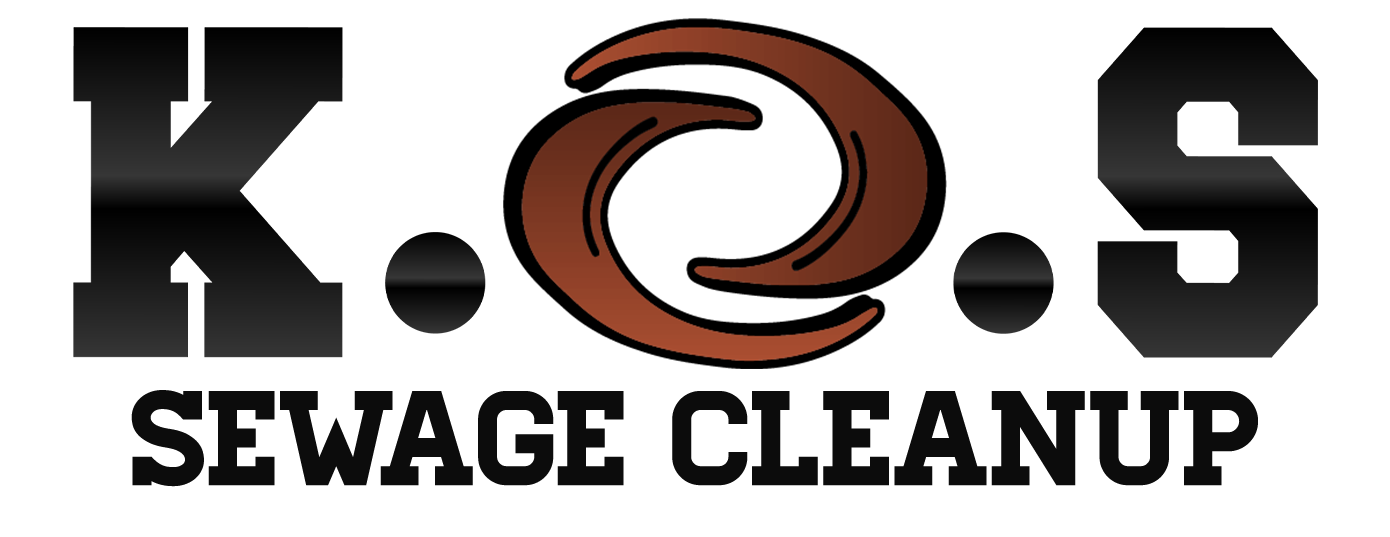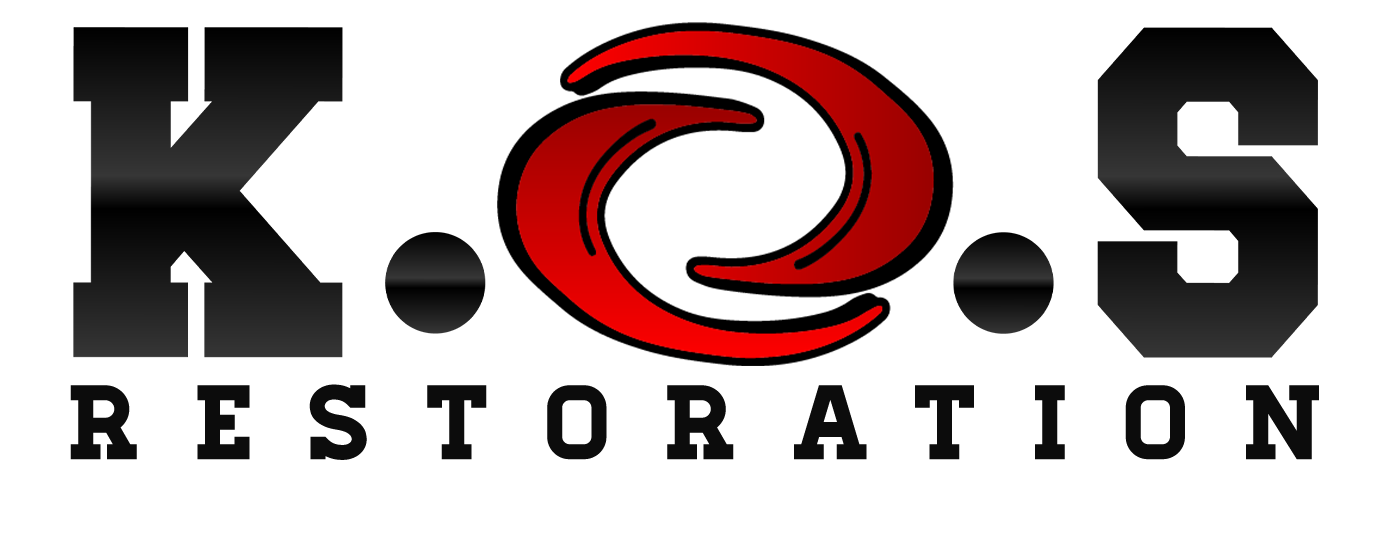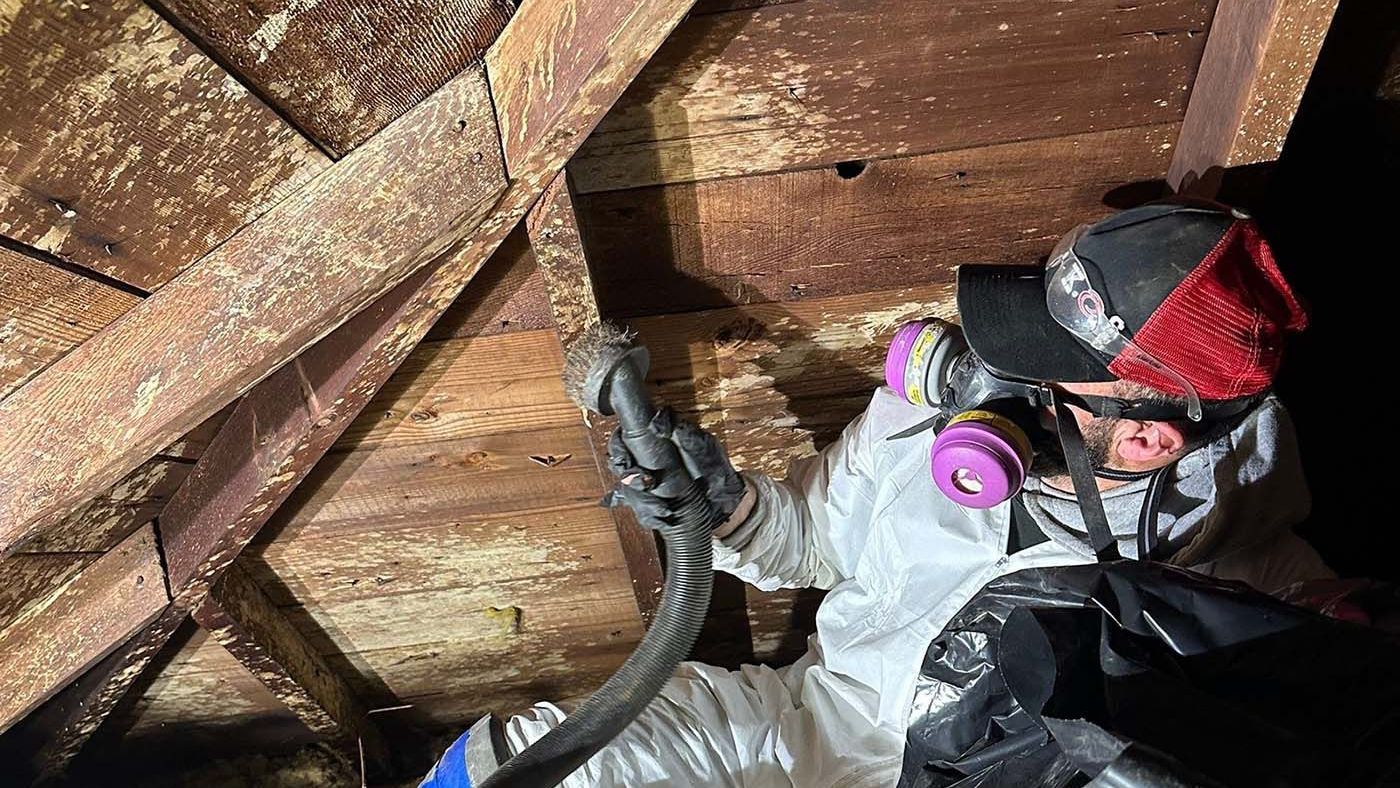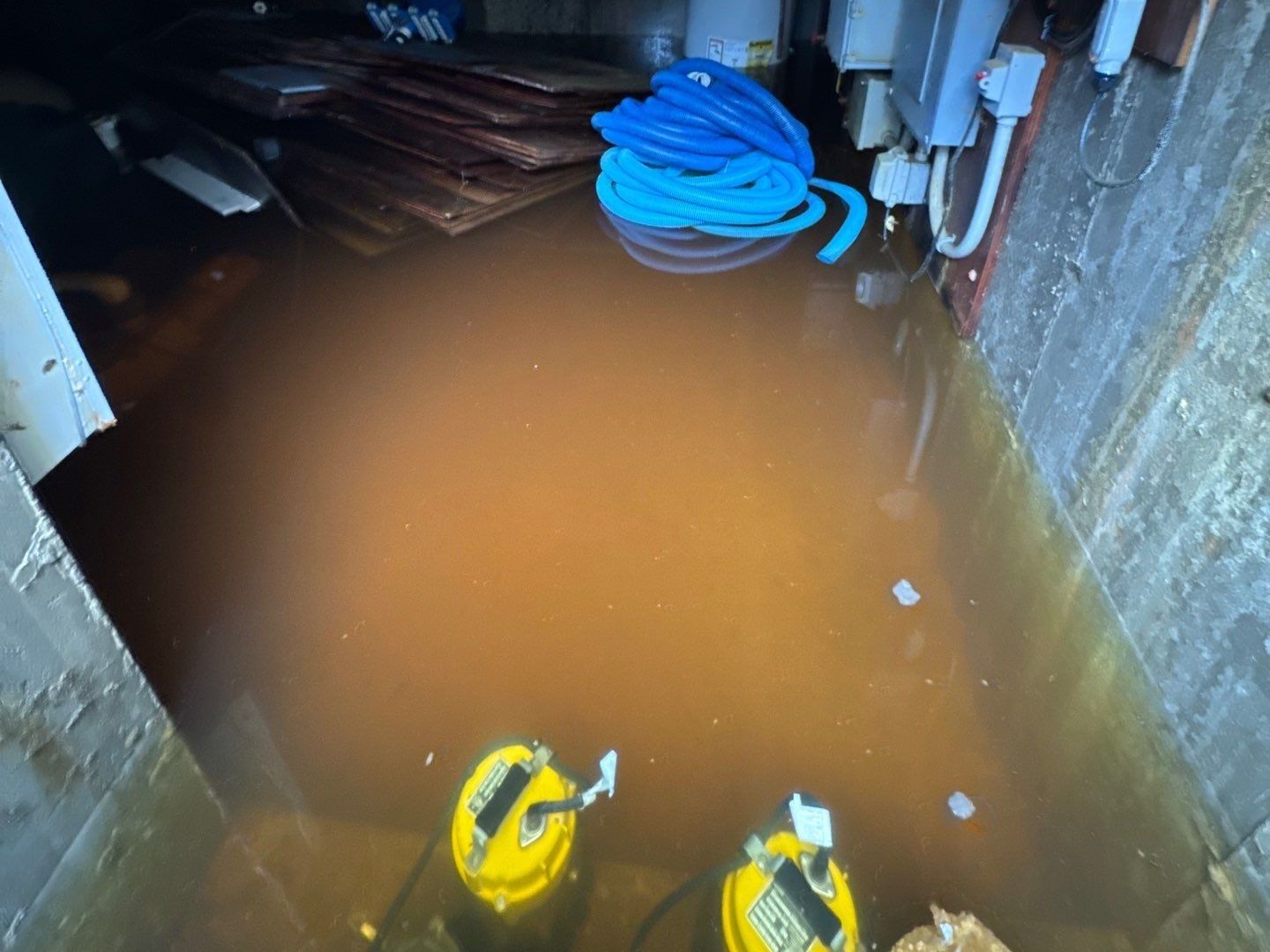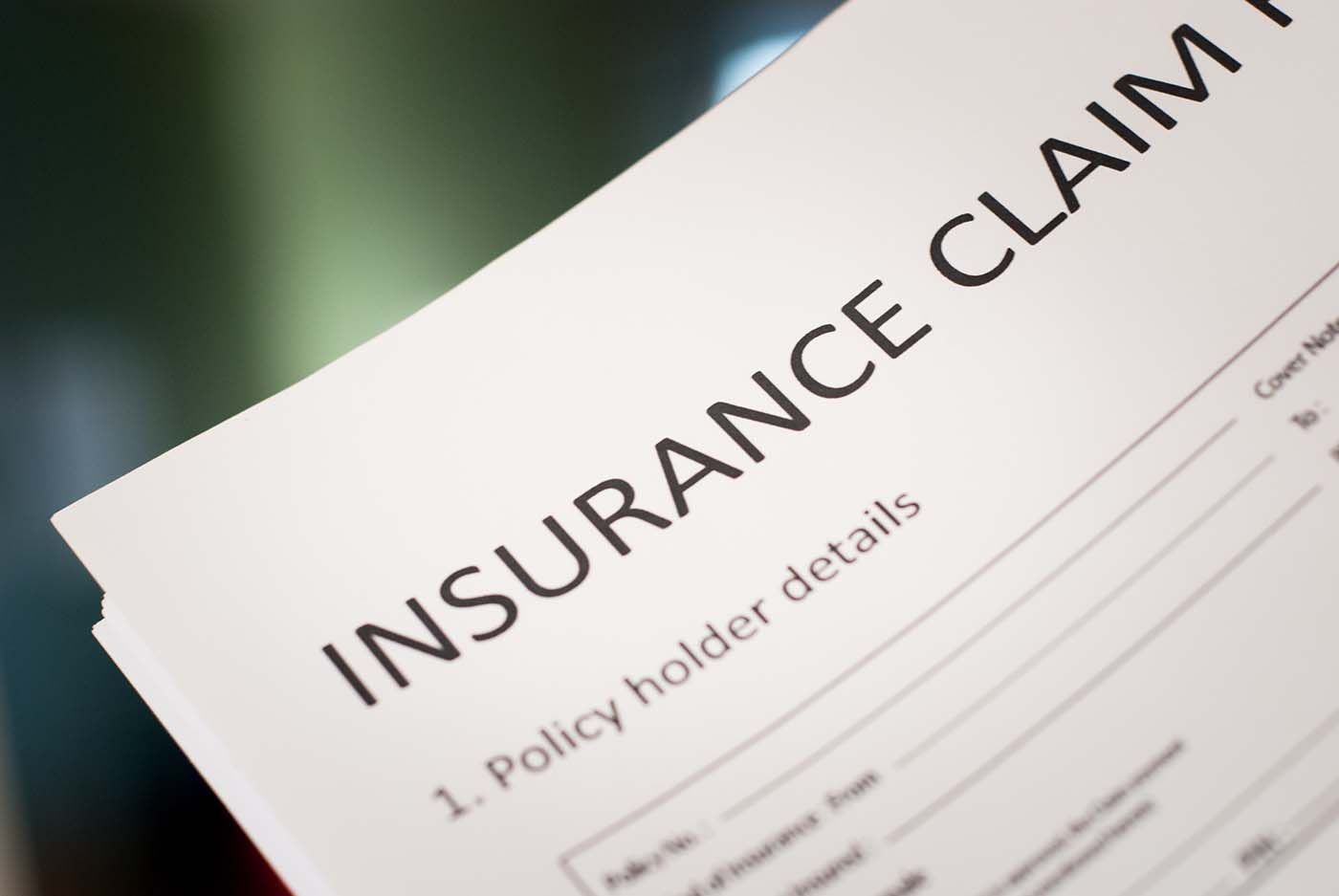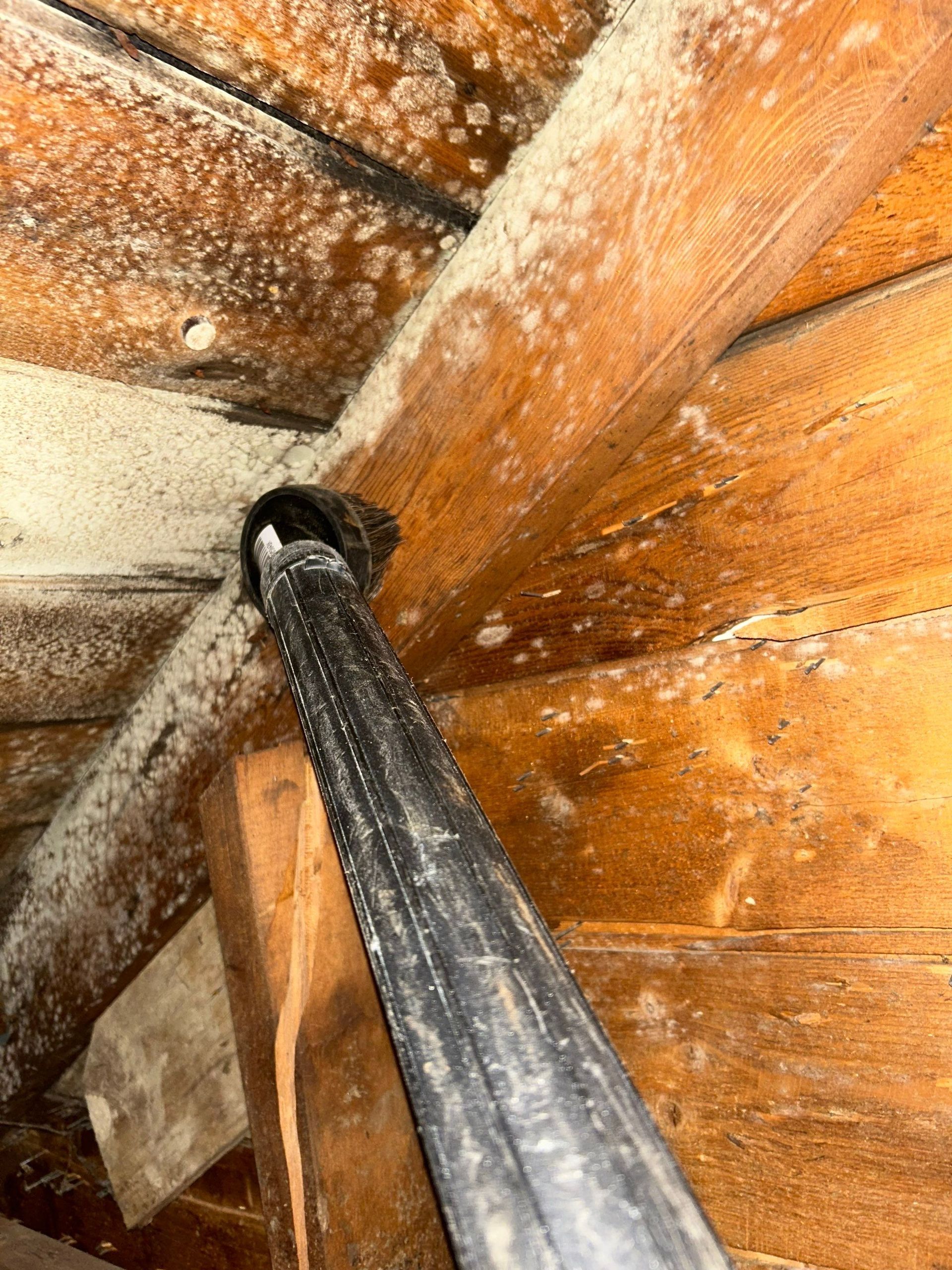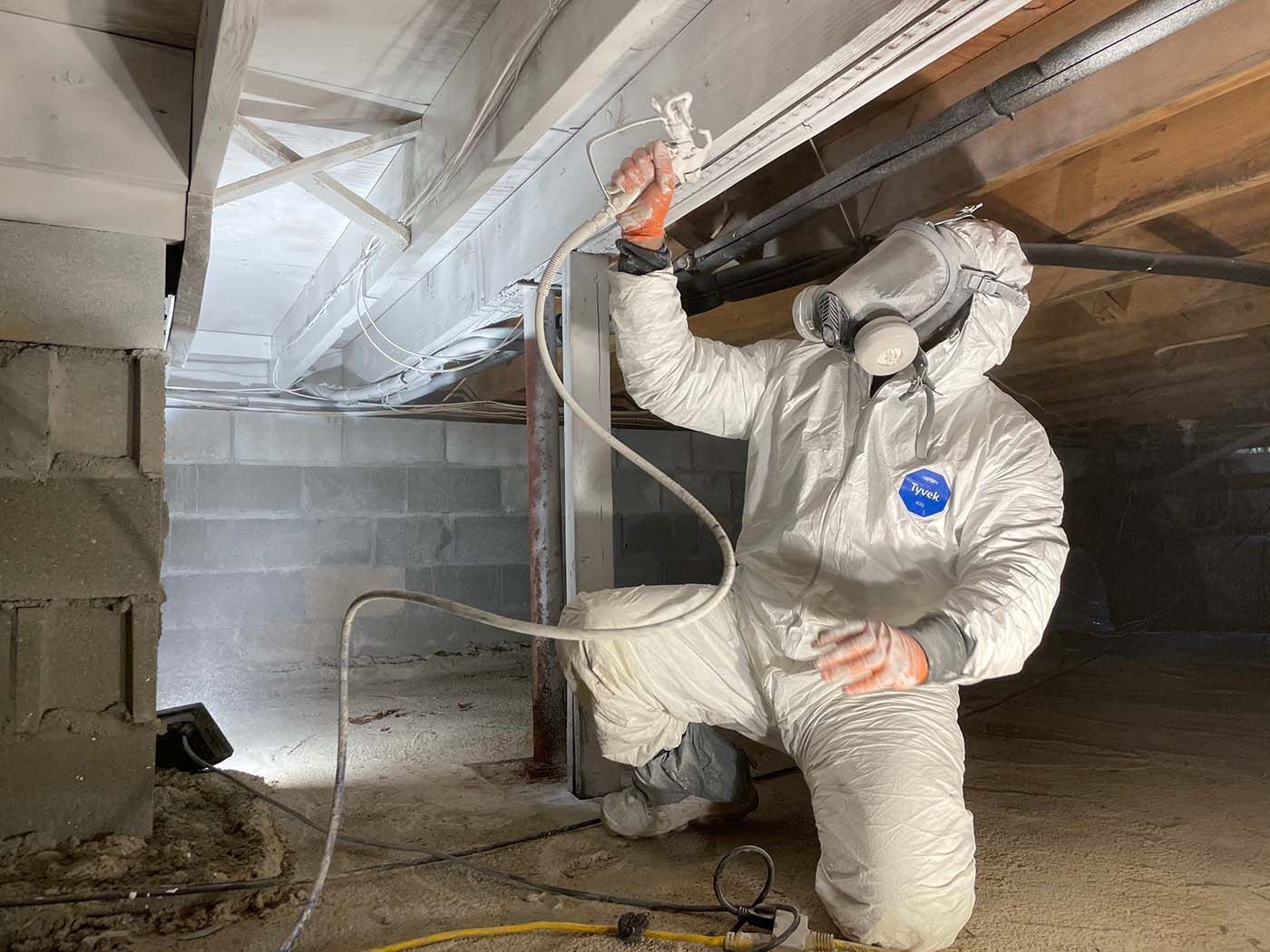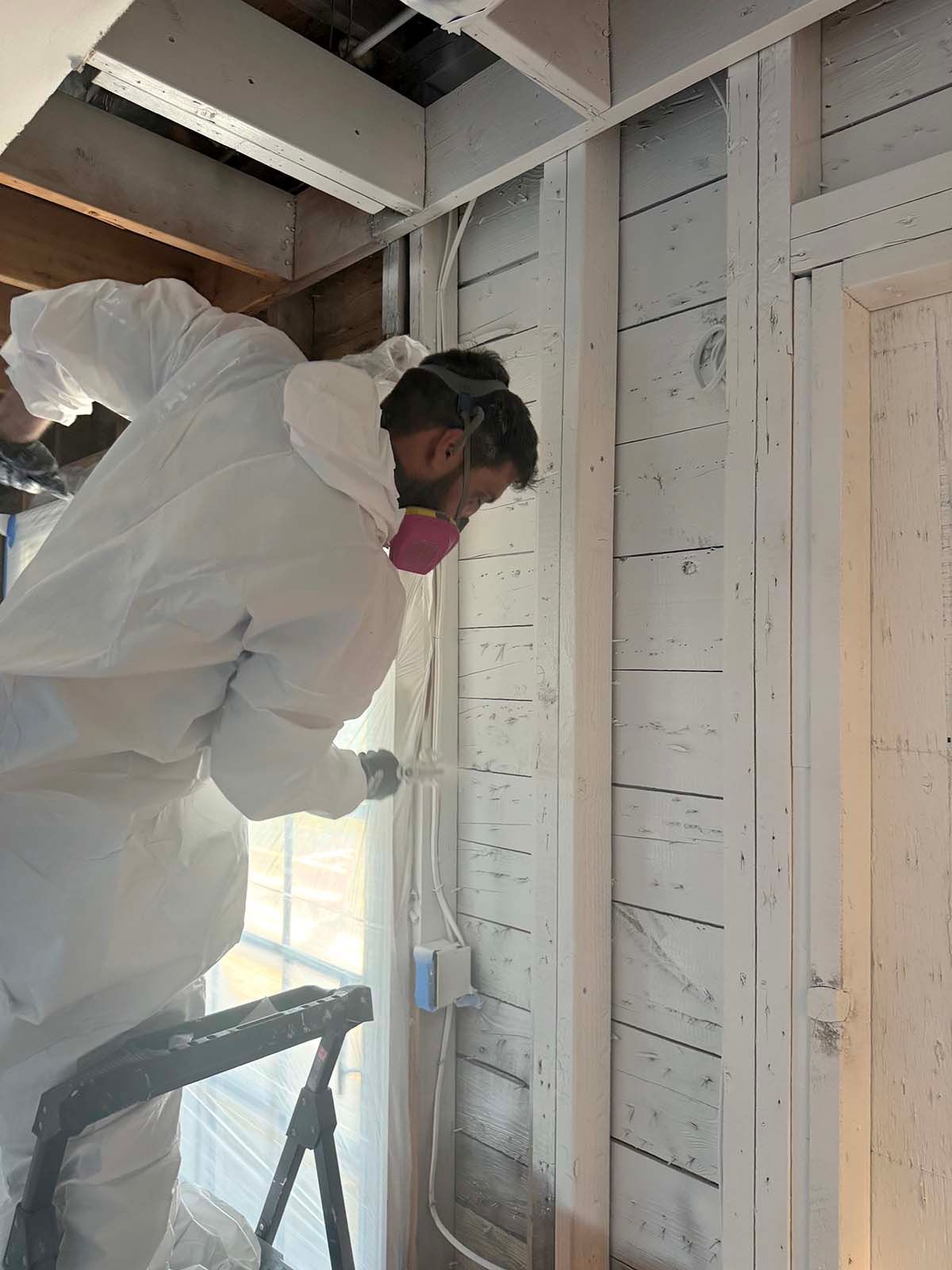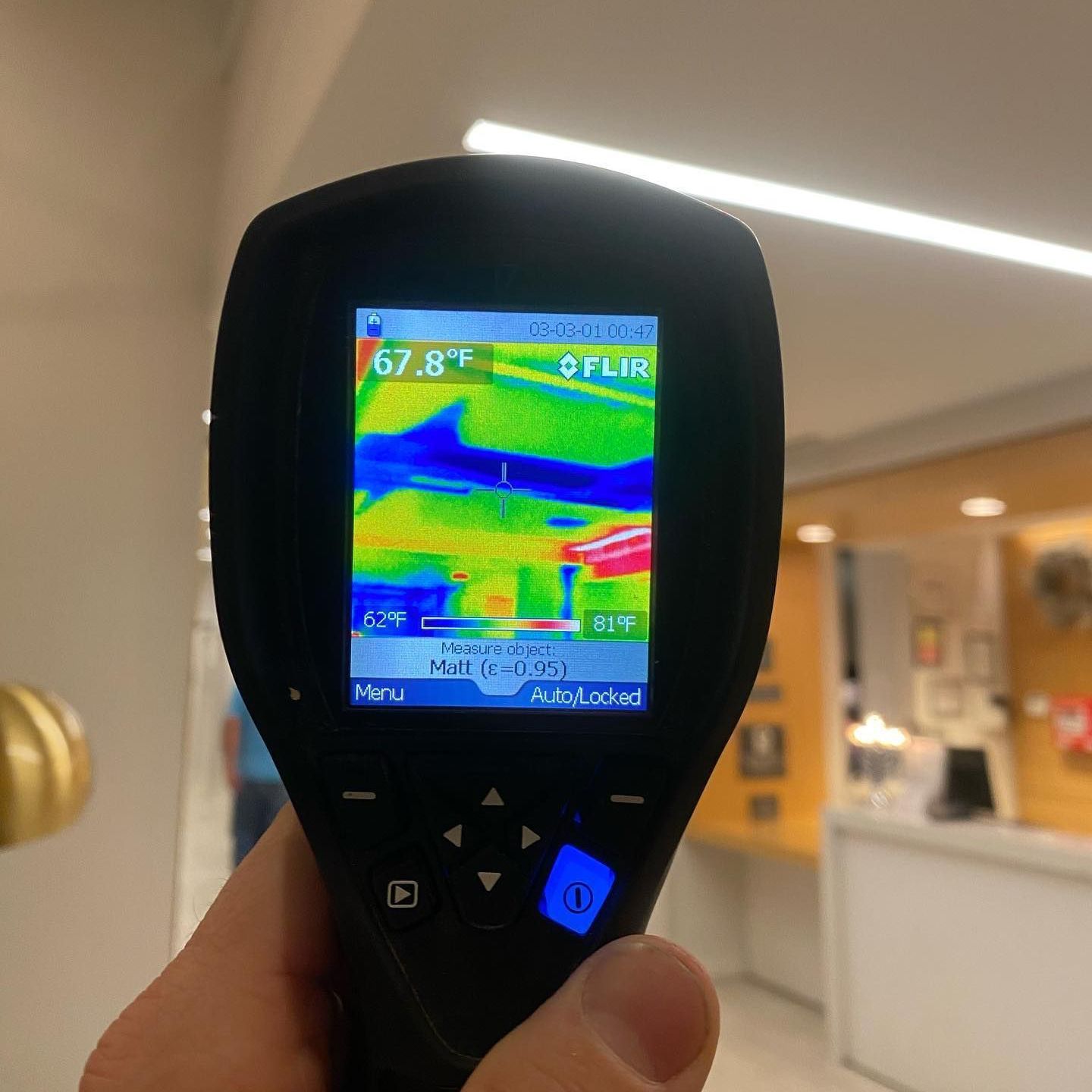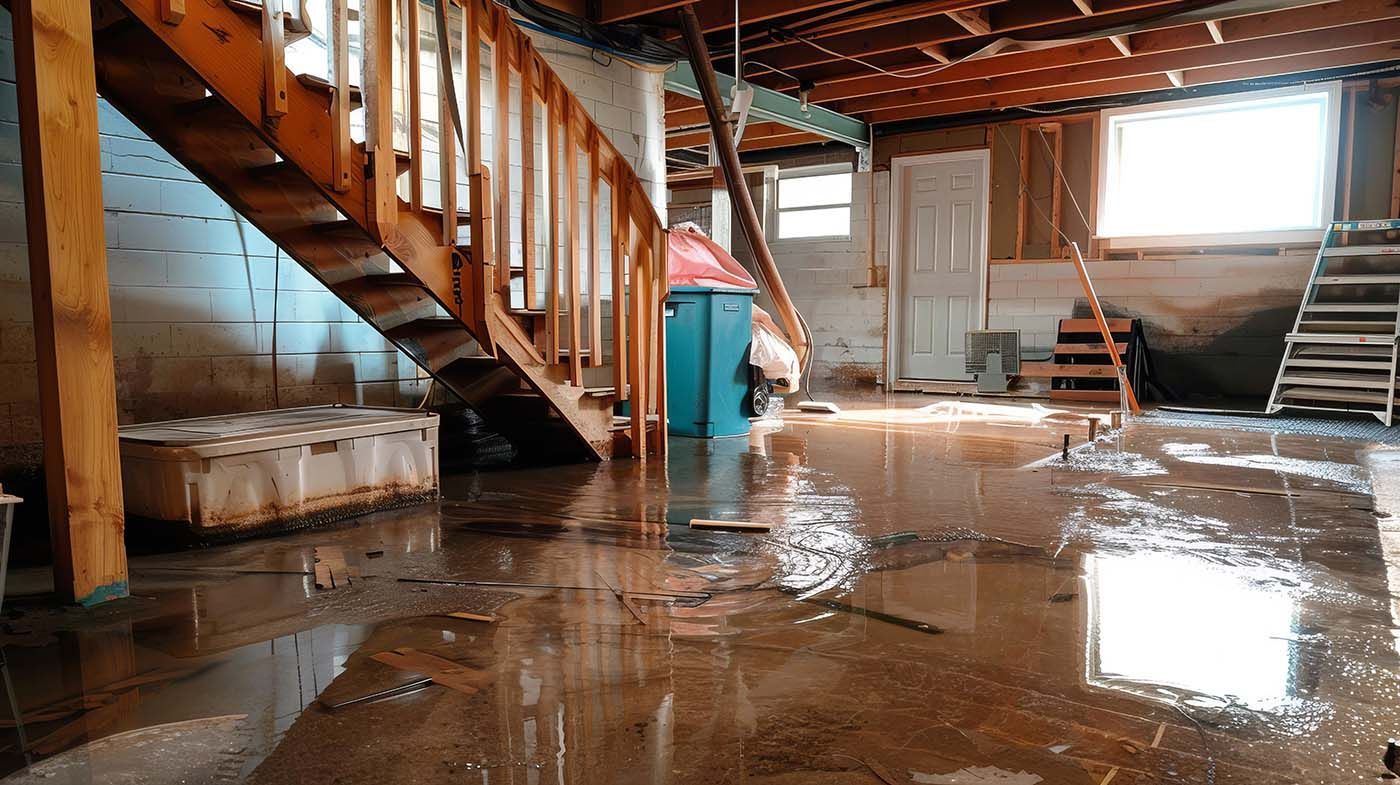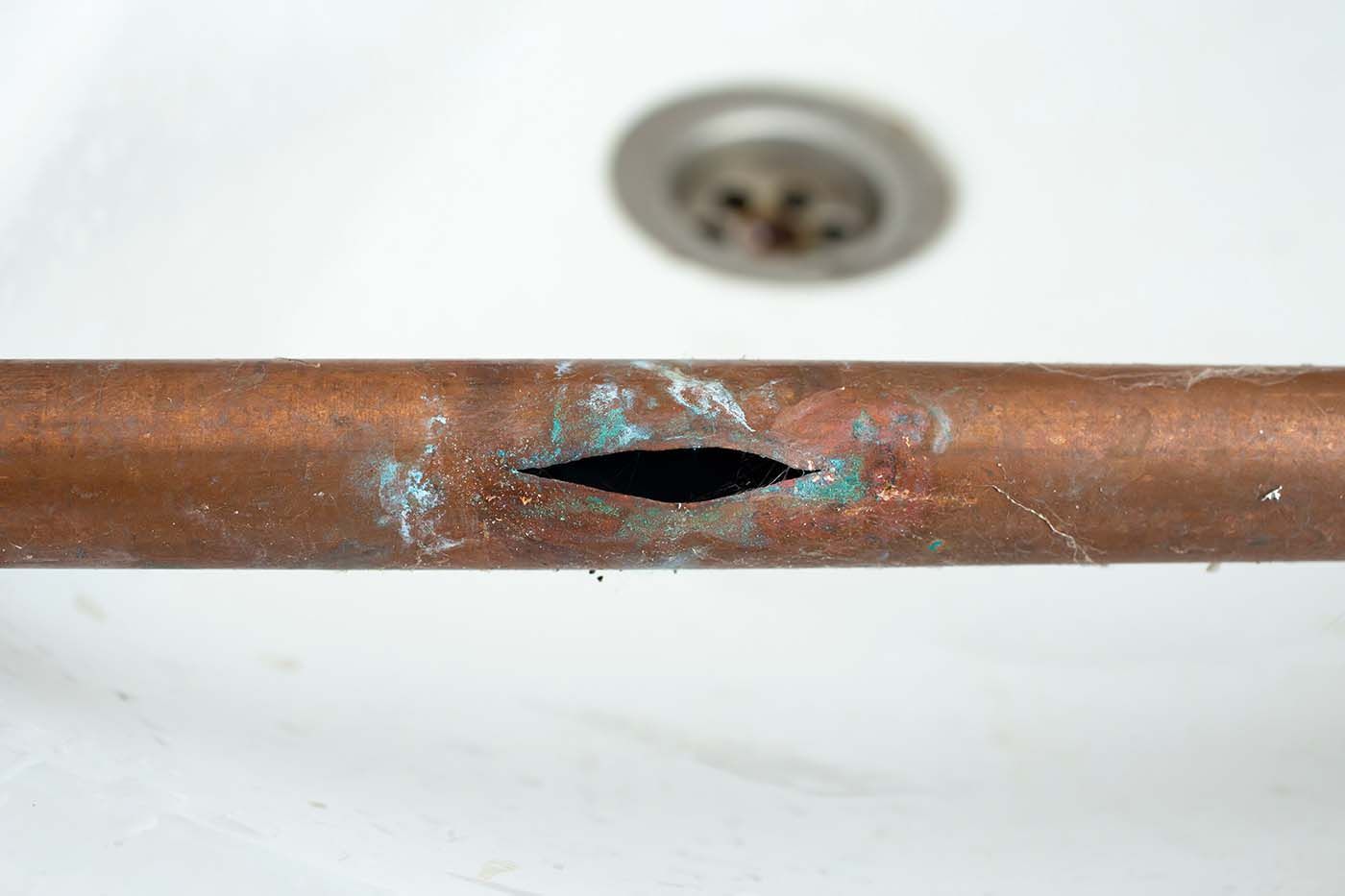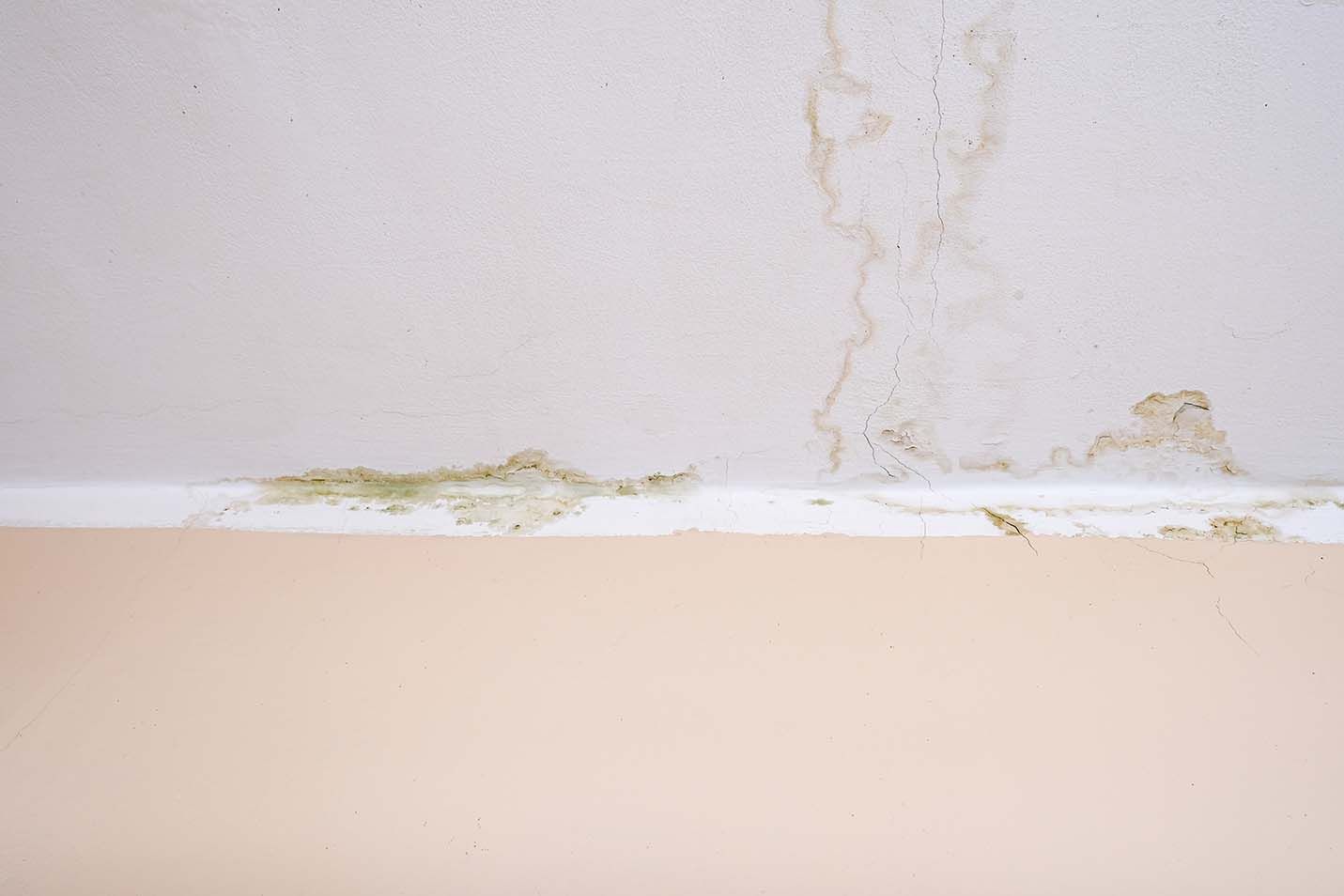Understanding Mold Risks After Water Damage
Water damage in your home is a stressful experience, but one of the most pressing concerns following such an incident is the potential for mold growth. At K.O.S. Restoration, we understand how crucial it is to address these risks promptly and effectively. Serving Long Island, New York, since 2006, our IICRC Certified team has seen firsthand how quickly mold can develop after water damage, posing serious risks to both your property and health.
Mold can start growing within 24 to 48 hours after water intrusion, making it essential to act fast. Whether you’re dealing with a burst pipe, a leaking roof, or flooding, understanding the dangers of mold and knowing how to prevent it is key to keeping your home safe and healthy.
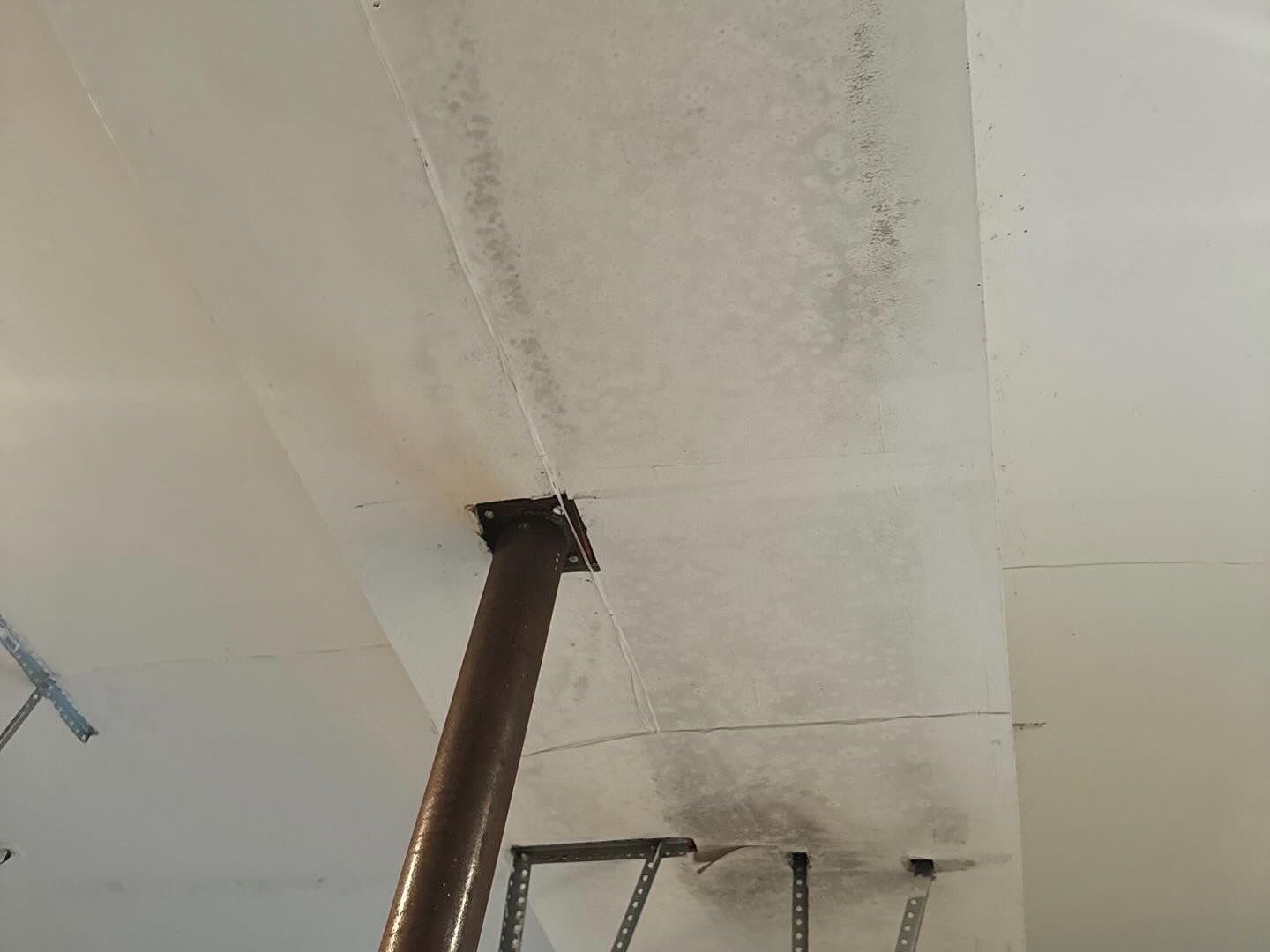
How Mold Develops After Water Damage in Long Island Homes
Mold spores are a natural part of our environment, but when they find the right conditions—moisture, warmth, and organic materials—they can rapidly multiply. After water damage, these conditions are often met in your home, creating an ideal breeding ground for mold.
In our experience at K.O.S. Restoration, even after visible water is removed, moisture can linger in materials like carpets, walls, and insulation. This hidden moisture is a significant concern, especially in Long Island’s humid climate, where poor ventilation can exacerbate the problem.
Factors That Contribute to Mold Growth:
- Time: Mold can start growing within just a day or two after water exposure.
- Temperature: Mold thrives in warm environments, typically between 77°F and 86°F.
- Moisture: High humidity levels, common in Long Island homes, can accelerate mold growth.
- Materials: Organic materials like wood and drywall, often found in homes, provide an excellent food source for mold.
Health Risks of Mold in Your Home
At K.O.S. Restoration, we take mold risks seriously because we know how detrimental it can be to your health. Mold spores can trigger a range of health problems, especially for children, the elderly, and those with respiratory conditions. In Long Island’s humid environment, these risks are heightened, making mold prevention and remediation even more critical.
Common Health Effects of Mold Exposure:
- Allergic Reactions: Symptoms like sneezing, runny nose, red eyes, and skin rashes can indicate mold exposure.
- Asthma: Mold spores are known to trigger asthma attacks, leading to difficulty breathing and chest tightness.
- Respiratory Infections: Prolonged exposure can lead to more severe respiratory issues, particularly in vulnerable individuals.
- Toxic Mold: Certain types of mold produce mycotoxins, which can cause serious health problems, including neurological issues and immune system suppression.
Identifying Mold After Water Damage
Mold isn’t always easy to spot, which is why K.O.S. Restoration emphasizes the importance of a thorough inspection following water damage. Mold can grow behind walls, under carpets, and in other hidden areas. Knowing the signs to look for can help you catch a mold problem before it spreads.
Signs of Mold Growth in Your Home:
- Musty Odor: A persistent, musty smell is often the first sign of mold, even if you can’t see it.
- Visible Mold: Look for black, green, or white spots on walls, ceilings, and other surfaces.
- Water Stains: Discoloration on walls and ceilings can indicate moisture and potential mold growth.
- Health Symptoms: If you or your family members are experiencing unexplained allergies or respiratory issues, mold could be the culprit.
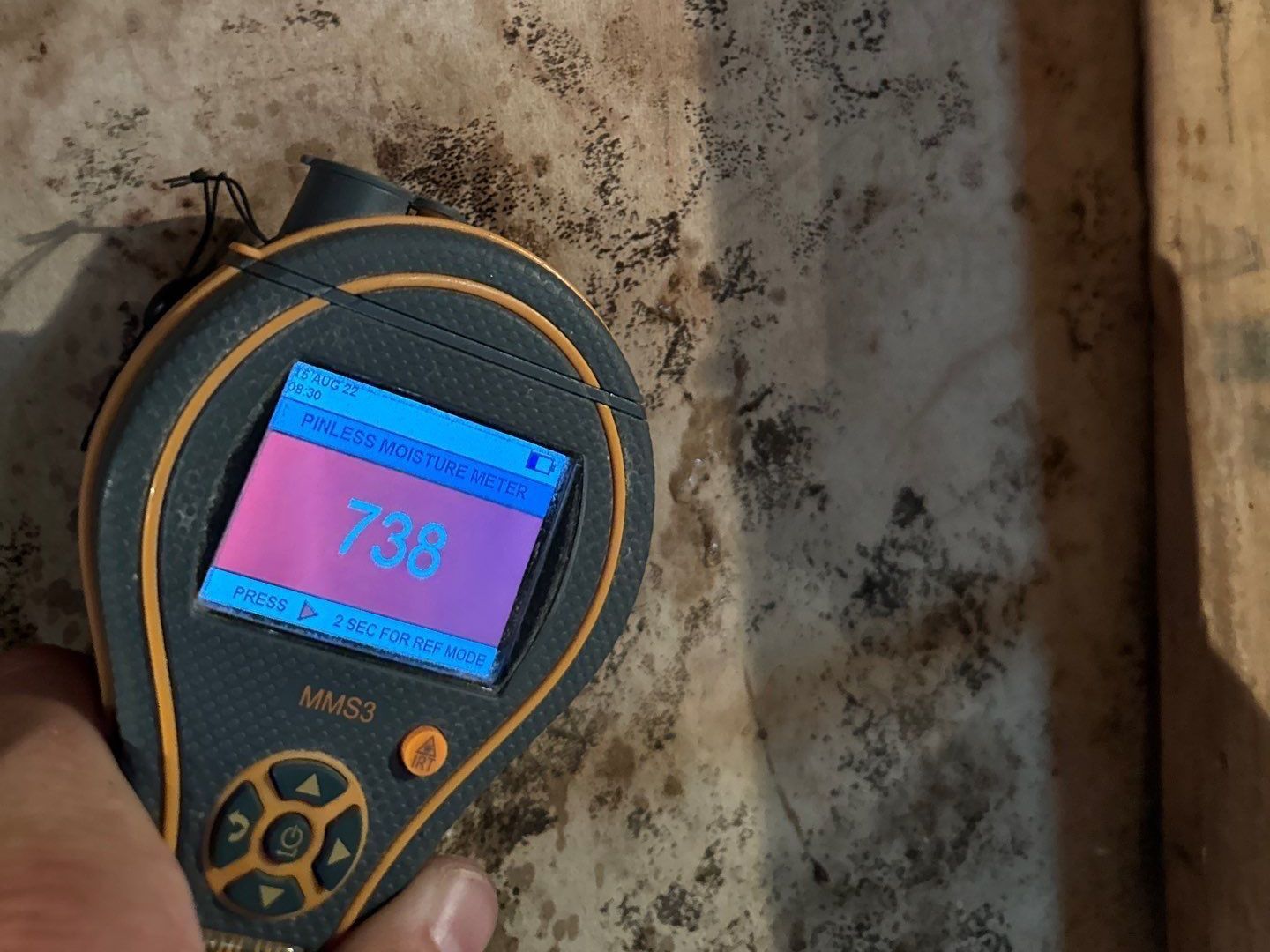
Preventing Mold Growth After Water Damage
Preventing mold after water damage is all about taking quick and decisive action. As Long Island’s top-rated restoration company, K.O.S. Restoration recommends the following steps to protect your home from mold.
Steps to Prevent Mold Growth:
- Water Removal: Immediately remove standing water using pumps, wet vacuums, and absorbent materials.
- Drying: Use industrial fans and dehumidifiers to dry out affected areas quickly. Proper ventilation is crucial, so open windows and doors when possible.
- Moisture Control: Keep humidity levels below 60% to discourage mold growth, especially during Long Island’s humid months.
- Remove Affected Materials: Heavily soaked materials like drywall or carpeting may need to be removed and replaced to prevent mold.
- Cleaning: Clean and disinfect surfaces with mold-killing products or a bleach solution.
- Inspection: Have our K.O.S. Restoration professionals inspect your home for hidden moisture and mold using specialized tools like moisture meters and infrared cameras.
Mold Remediation: What to Do If Mold Has Already Developed
If mold has already started growing in your home, it’s crucial to address it immediately to prevent further spread and health risks. K.O.S. Restoration offers comprehensive mold remediation services to Long Island homeowners, ensuring your home is safe and healthy once more.
Steps in Mold Remediation with K.O.S. Restoration:
- Assessment: Our certified professionals will assess the extent of the mold damage and develop a tailored remediation plan.
- Containment: We’ll seal off the affected area to prevent mold spores from spreading to other parts of your home.
- Removal: Contaminated materials will be carefully removed and disposed of according to safety guidelines.
- Cleaning and Sanitizing: We thoroughly clean and sanitize all surfaces to eliminate any remaining mold spores.
- Restoration: Once the mold is removed, we’ll restore the area to its original condition, which may include replacing drywall, painting, and installing new flooring.
Mold and Insurance Claims: Navigating the Process with K.O.S. Restoration
Dealing with mold after water damage can be overwhelming, and the insurance process often adds to that stress. At K.O.S. Restoration, we’ve been helping Long Island homeowners navigate insurance claims since 2006, ensuring you get the coverage you deserve.
Tips for Filing a Mold Insurance Claim:
- Document Everything: Take photos and videos of the water damage and mold. Keep records of all communication with your insurance company.
- Report the Damage Promptly: Notify your insurance company as soon as you discover water damage or mold.
- Professional Assessment: We can provide a detailed report of the mold damage, supporting your claim and offering an estimate for remediation costs.
- Understand Your Policy: Review your insurance policy to understand what is covered and any exclusions that may apply.
We Are Here To Help 24/7
Mold risks after water damage are not to be taken lightly. As Long Island’s leading restoration company, K.O.S. Restoration is committed to helping homeowners protect their properties and health. By acting quickly, using proper drying techniques, and seeking professional assistance, you can prevent mold from becoming a long-term problem in your home. Whether you’re dealing with a minor leak or significant flood damage, K.O.S. Restoration is here to help you every step of the way, ensuring your home remains safe and mold-free.
If you experienced a flood or suspect mold at your home or business contact our IICRC Certified team 24/7 at (631) 560-8999 or request a callback by filling out our form.


